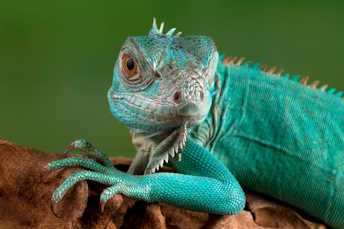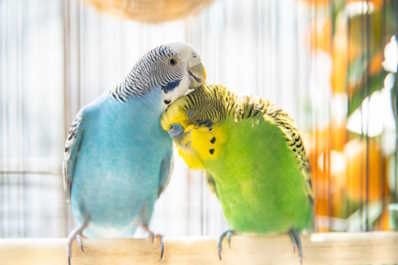Understanding Foods Harmful for Dogs
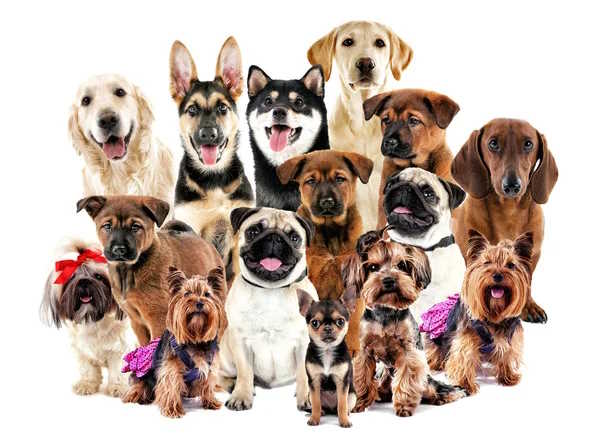
For many of us, dogs are cherished members of the family, and we want to ensure their health and well-being. But did you know that many human foods can pose serious health risks to our canine companions? Understanding what your four-legged friend should steer clear of can be a critical step in ensuring they lead a long and happy life by your side. However, in today’s world of confusing dietary guidelines, it’s paramount that we as dog owners stay informed and vigilant. In this comprehensive guide, we’ll walk through various foods that are bad for dogs and equip you with the knowledge to safeguard your pup’s diet and health.
Common Foods Toxic to Dogs
Top 10 Most Toxic Foods for Dogs
| Chocolate | Contains theobromine, which can be toxic and potentially fatal for dogs. |
| Xylitol | This artificial sweetener found in sugar-free candies and gum can cause insulin release and liver failure. |
| Grapes and Raisins | Even in small amounts, these fruits can cause kidney failure in dogs. |
| Onions and Garlic | These kitchen staples can lead to red blood cell damage and anemia in dogs. |
| Alcohol | Dogs are far more sensitive to alcohol than humans and ingestion can lead to serious intoxication. |
| Caffeine | Found in coffee, tea, and certain soft drinks; caffeine can be very harmful and potentially deadly. |
| Macadamia Nuts | Just a few nuts can cause weakness, depression, vomiting, and hyperthermia. |
| Avocado | The persin in avocado can cause vomiting and diarrhea in dogs. |
| Yeast Dough | Can expand in a dog’s stomach, causing bloating and potentially dangerous complications. |
| Bones (Cooked) | Splinter easily and can cause choking or damage to your dog’s digestive tract. |
Chocolate

For humans, chocolate is one of our preferred tasty treats, but for dogs, it’s one of the most well-known and dangerous foods. The culprit is theobromine, which is similar to caffeine, found in all types of chocolate, even white chocolate. The severity of poisoning depends on the type and amount of chocolate ingested. Baking chocolate contains the highest theobromine concentration, followed by semisweet and milk chocolate. Dark chocolate is also very toxic. Symptoms can occur within 4-24 hours and include vomiting, diarrhea, restlessness, increased urination, tremors, and elevated or abnormal heart rate, among others.
Xylitol
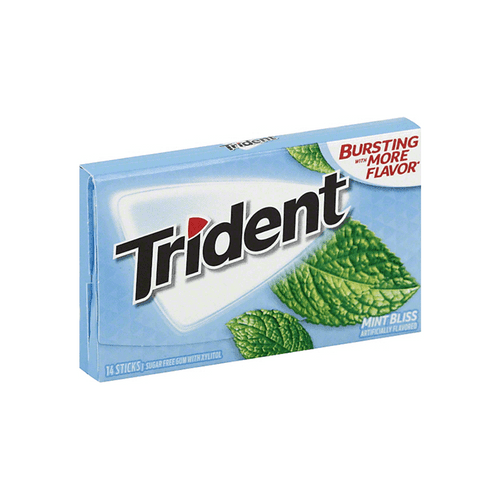
An increasing concern is the presence of xylitol in products, especially those that are perceived as ‘healthy’ for humans. This artificial sweetener is commonly found in sugarless chewing gum, mints, toothpaste, and chewable vitamins. It can cause a rapid release of insulin in dogs, leading to hypoglycemia (low blood sugar). In some cases, xylitol ingestion can lead to liver failure. Symptoms include vomiting, lethargy, loss of coordination, and seizures.
Grapes and Raisins
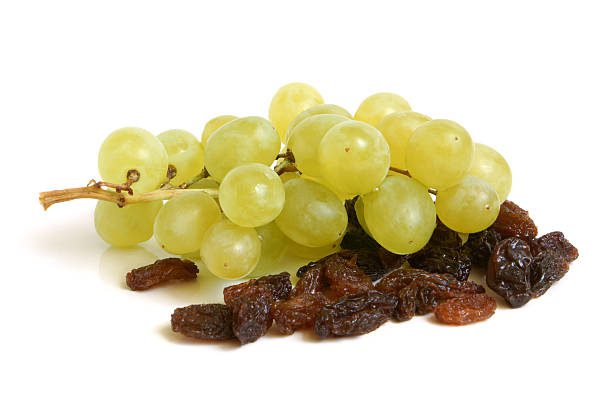
Despite their antioxidant and fiber-rich profile, grapes and raisins can lead to kidney failure in dogs. It’s peculiar in that the causative agent is not conclusively identified, but ingestion by dogs – even in small amounts – has led to adverse reactions. This condition can be fatal if not treated promptly and aggressively. Symptoms may include vomiting, diarrhea, not eating, lethargy, and abdominal pain.
Onions and Garlic
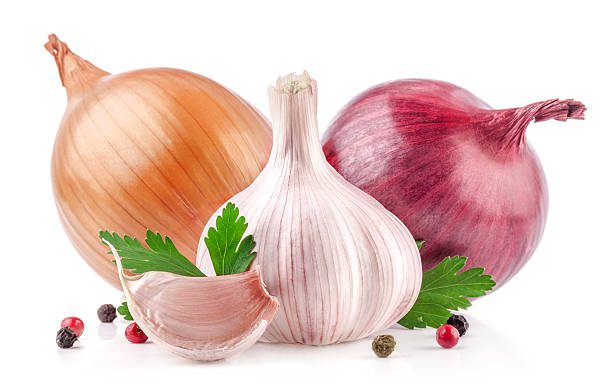
Onions and garlic, found in many homes and recipes, should be kept away from dogs at all times. These ingredients can cause gastrointestinal upset and damage to red blood cells, leading to anemia. The toxic principles in these ingredients stay active even when cooked, so pet owners should be cautious with leftovers and food preparation. Symptoms may include weakness, pale gums, orange to dark red urine, and increased heart rate.
Alcohol

Alcohol can be extremely harmful to dogs, even in minimal quantities. Dogs’ bodies are not equipped to process alcohol, and as a result, they can suffer from acute intoxication quickly. The effects of alcohol in dogs include vomiting, disorientation, high body temperature, restlessness, excessive panting, muscle tremors, and in severe cases, coma or death can occur. Even small amounts found in certain food items or accidentally spilled drinks should be considered a risk, and pet owners should keep alcoholic beverages out of their dogs’ reach at all times.
Caffeine
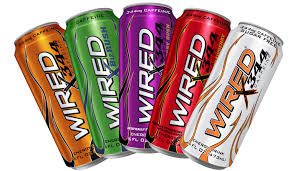
Caffeine is a powerful stimulant that poses a great danger to dogs. Commonly found in coffee, tea, chocolate, and certain soft drinks, caffeine can cause a range of symptoms in dogs, from mild to severe. These include restlessness, rapid breathing, heart palpitations, and muscle tremors. In large quantities, caffeine can be fatal and there is no antidote. Prevention is key, and pet owners must ensure that their dogs do not have access to caffeine-containing products.
Macadamia Nuts
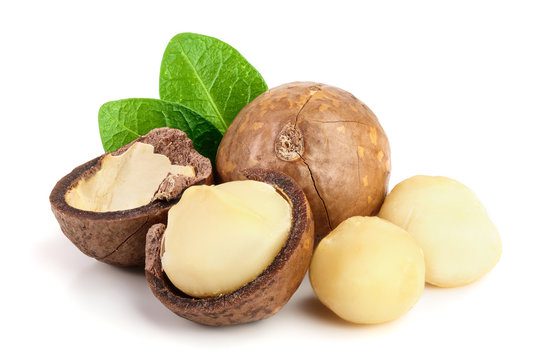
Macadamia nuts are considered to be one of the most poisonous foods for dogs. Consumption of even a small number of these nuts can cause a toxic reaction. Within 12 hours of ingestion, dogs might exhibit symptoms such as weakness, especially in the hind legs, vomiting, staggering gait, depression, tremors, and hyperthermia. It’s crucial for dog owners to keep macadamia nuts and foods containing them inaccessible to their pets.
Avocado
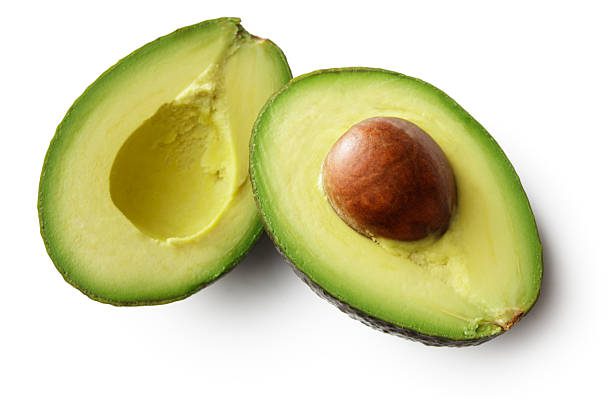
Avocado might be a superfood for humans, but it’s a different story for pooches. Persin, a substance found in avocados, can cause dogs to have stomach upset, vomiting, and diarrhea. The most significant risk comes from the pit, which can lead to intestinal obstruction if swallowed, but the fruit itself also poses a risk. Therefore, it’s best to keep all parts of the avocado, including guacamole, away from dogs.
Yeast Dough
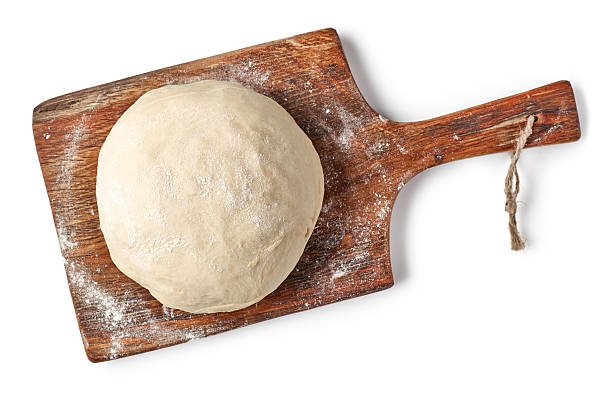
Uncooked yeast dough is another common kitchen ingredient that can be hazardous to dogs. As it ferments and rises, it can expand in a dog’s stomach, which can cause bloating and severe pain. Additionally, as the dough ferments it produces alcohol, which can lead to alcohol poisoning. Dogs that ingest yeast dough may require prompt veterinary care to prevent life-threatening complications.
Bones (Cooked)
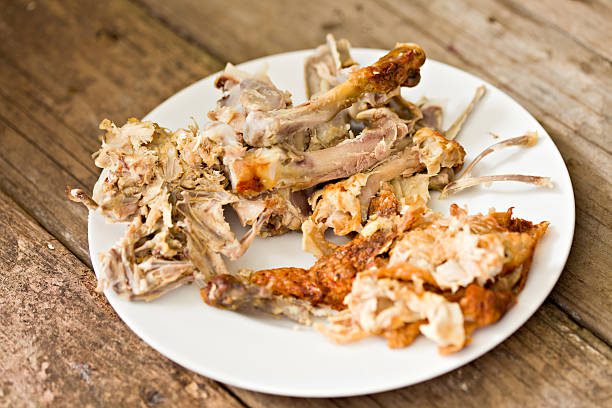
Lastly, while it may seem natural to give a dog a bone, cooked bones are particularly dangerous. They can easily splinter and can cause choking, cuts in the mouth and throat, or puncture the gastrointestinal tract. This could lead to serious complications, including peritonitis, an infection of the abdomen that can be fatal. To ensure safety, it is better to offer dogs bones that are specially processed for canine consumption, rather than leftovers from a meal.
Health Risks and Symptoms
Digestive Issues
Perhaps the most immediate danger of feeding your dog certain human foods is severe gastrointestinal distress. Symptoms range from simple indigestion and flatulence to severe inflammation of the pancreas, known as pancreatitis. Common culprits include salty foods, fatty foods, onions, and garlic.
Organ Damage
Chronic ingestion of certain foods can lead to long-term organ damage. For instance, when a dog consumes large quantities of foods toxic to the system, it can damage the liver, heart, or kidneys over time. Alcohol and caffeine, both frequent contents in everyday households, can cause tightness, urinary complications, and even failure if consumed by your dog.
Seizures and Neurological Issues
Some human foods can induce seizures or other neurological symptoms in dogs. The aforementioned theobromine in chocolate, for example, is a potent neural stimulant. While symptoms can vary based on the dog’s size, age, and sensitivity, they range from twitching and loss of coordination to loss of consciousness and paralysis.
Constipation
When it comes to digestive health, constipation is another concern for dogs who ingest inappropriate foods. Foods lacking in fiber or those that are highly processed can contribute to a sluggish digestive system, leading to difficulty in passing stool. Additionally, bones which are ingested can lead to blockages or a condition known as obstipation, where the stool becomes so hard and dry that dogs are unable to expel it. To avoid these painful scenarios, maintaining a diet with adequate fiber and moisture is crucial for a dog’s digestive well-being.
As a dedicated pet owner, I’ve observed that our dog suffers from constipation on occasion. It’s disheartening to see our furry companion in discomfort, struggling to pass stools that are hard and dry. I’ve learned that a balanced diet rich in fiber, along with plenty of water, is essential for maintaining our dog’s digestive health. We now include easily digestible fibers like pumpkin in our dog’s meals, which seems to aid their digestion. I am extra cautious not to feed them bones or overly processed foods that could contribute to their digestive issues. Regular exercise is also part of our routine, as it stimulates regular bowel movements, keeping constipation at bay.
Safe Alternatives and Preventive Measures
Healthy Dog Treats
Being aware of which human foods not to give your canine is just the beginning. It’s also crucial to know what dog-friendly alternatives can still provide a tasty treat. For instance, apples (without seeds), carrots, and even certain boneless, skinless meat such as chicken can be delicious and healthy options.
Peanut Butter
Peanut butter can be an excellent treat for dogs, but it’s imperative to choose the right type. Opt for unsweetened and unsalted peanut butter, preferably without the additive xylitol, which is toxic to dogs. The protein and healthy fats in peanut butter can be good for your dog in moderation, supporting their coat and skin health. Additionally, peanut butter’s sticky consistency can be an engaging way to occupy your dog with a treat-filled toy, helping to alleviate boredom and providing mental stimulation. However, due to its high-fat content, it should be given sparingly to prevent weight gain and pancreatitis.
Rawhide Chews
In addition to the healthy treats already mentioned, rawhide chews are a popular option for dog owners. They can be particularly effective for dogs that have a strong need to chew. These treats are made from the inner layer of cow or horse hides and can help to clean teeth and control plaque and tartar. It is important to supervise your dog when they are enjoying a rawhide chew, as they can pose a choking hazard or cause intestinal blockages (really bad for your dog’s digestive system) if large pieces are swallowed whole. Moreover, it’s advisable to purchase rawhides that have not been treated with artificial flavors or preservatives (many have too much salt), ensuring a safer snacking experience for your canine friend.
Supervision and Training
Proper training is a powerful tool in keeping your dog safe. Teaching your dog to “leave it” means they won’t touch a piece of food on the floor without your permission and even basic commands can make a significant difference. Vigilance is also key, as most dogs will be opportunistic in eating something they shouldn’t if given the chance.
Consulting a Vet
Nothing beats professional advice when it comes to your dog’s health. Your veterinarian can provide specific guidance on what your dog should and shouldn’t eat based on their particular needs and medical history.
Foods to Offer Your Dog When They Don’t Feel Good
When your beloved companion is under the weather, it’s important to offer foods that are easy to digest and gentle on the stomach.
- Boiled chicken breast, without any added oils or seasonings, is lean and provides essential proteins.
- Plain boiled rice can also be soothing for a dog with an upset stomach, acting as a bland, easily digestible carbohydrate source.
- Pumpkin (not pie filling) is another beneficial food for sick dogs; it’s rich in fiber which can help with digestion, but it should be given in moderation.
- Some vets recommend giving plain, unflavored yogurt to help restore a healthy gut flora.
- Additionally, slightly warming the food can make it more appetizing to your dog if they have lost their appetite.
- Remember to consult with your veterinarian to tailor food choices to your dog’s specific condition and dietary needs.
Impact on Dog’s Well-being
Long-term Health Effects
Some foods can have effects that last far beyond the initial upset stomach. The cumulative impact of feeding your dog foods toxic to them can have lasting health implications. Immediate risks like choking hazards are well-known, but secondary, longer-term issues require greater diligence and understanding.
Importance of Dietary Awareness
A dog’s diet is as integral to its overall health as it is for a human’s. Being cognizant of what your dog ingests—whether it’s their food bowl or a dropped scrap on the kitchen floor—can save you and your pet from potentially life-threatening situations. Paying attention to ingredients in treats and completing regular health checks can assist in maintaining a healthy pet.
Conclusion
The adage “you are what you eat” applies to our canine companions as much as it does to us. What we choose to feed our dogs has a profound impact on their health and well-being. While it’s simple to popup a website and find a list of what not to feed your dog, the onus is on us as pet owners to go a step further and truly understand the reasons behind these dietary restrictions. By educating ourselves and taking active steps to ensure our furry friends’ safety, we’re not only honoring their unquestioning loyalty but also ensuring we can enjoy many more years of companionship together. Proper pet nutrition is a conversation starter, and it’s an ongoing dialogue that evolves as we gain more knowledge and as our dogs grow and change. With the information provided in this post, you’re well on your way to becoming an advocate for your dog’s dietary health. Take the time to understand the foods harmful to your dog, and you’ll be better equipped to make informed decisions that your pet will thank you for with their contented woofs and wagging tails.
Frequently Asked Questions (FAQ)
What are the most common foods that are toxic to dogs?
The most common toxic foods for dogs include chocolate, xylitol (often found in sugar-free products), grapes and raisins, onions and garlic, and alcohol. Always ensure that these are kept out of your dog’s reach.
Can dogs eat any human foods safely?
Yes, there are several human foods that are safe for dogs to eat in moderation. These include carrots, apples (without the seeds), plain cooked chicken, and plain boiled rice.
What should I do if my dog eats something toxic?
If your dog ingests something harmful, contact your veterinarian or an emergency animal clinic immediately. The faster you act, the better your dog’s chances are for a full recovery.
How can I prevent my dog from eating dangerous foods?
Keep toxic foods out of your dog’s reach, use secure containers or locked cabinets, and supervise your dog as much as possible. Training your dog with commands like “leave it” can also be very helpful.
Is it okay to give bones to my dog?
It’s generally not recommended to give your dog cooked bones, as they can splinter and cause internal damage or become a choking hazard. Some raw bones may be safe but consult with your vet first.
How can I tell if my dog is having a reaction to something they ate?
Symptoms of a reaction can include vomiting, diarrhea, lethargy, difficulty breathing, and changes in behavior. If you notice any of these signs, seek veterinary care immediately.
How often should I change my dog’s diet?
Consult with your veterinarian to determine the best diet for your dog based on their age, breed, and health status. Sudden changes in diet should be avoided unless recommended by your vet.
